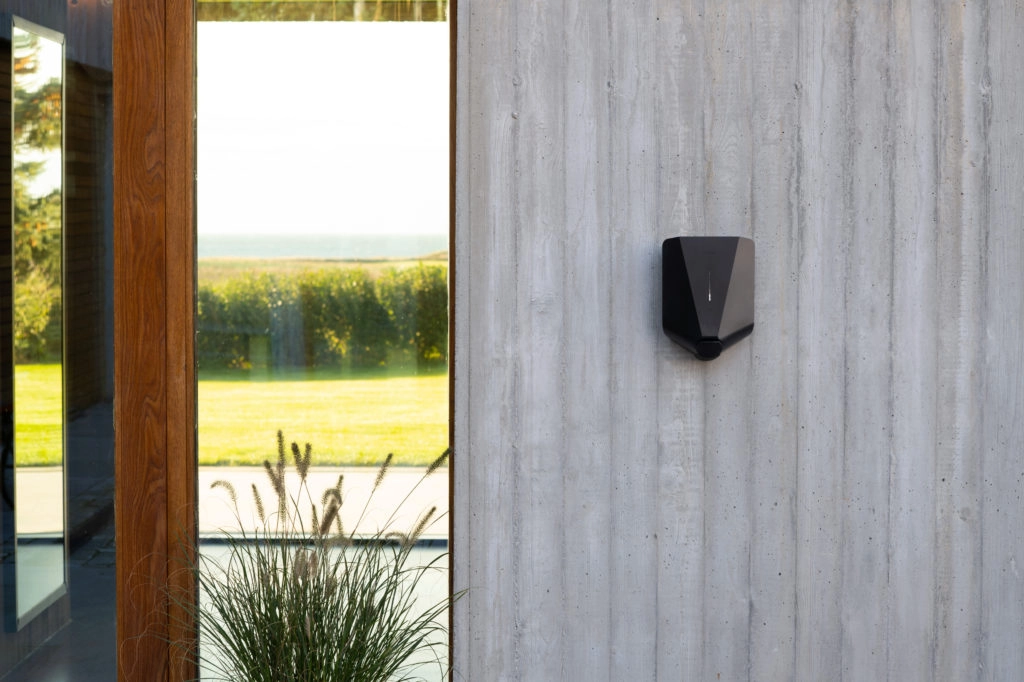Did you know from 15th June 2022, all new homes, and commercial buildings as well as buildings undergoing major renovation must install electric vehicle (EV) charging points?
This is part of the government plan to transition from petrol and diesel vehicles to electric vehicles by 2030 and is part of its strategy to reach net zero by 2050.
Every new home which has parking within the site boundary must have an EV charge point.
Residential buildings (apartments) with more than 10 parking spaces must also have at least one EV charge point for each dwelling.
The rules also state that non-residential buildings (commercial) with more than 10 parking spaces, must have a charge point and cable routes for one fifth of the total number of spaces.
The government has set the minimum for charge points at 7kW both for residential and commercial buildings. However, some experts say that this power level does not provide a faster enough charge.
Personally, we agree with the government’s standard. However, there does need to be more rapid charging facilities active in public, as not everyone can charge overnight at home or at work.
There’s also a distinction here between the speed of charging at home, which can be overnight, and those in workplaces, where you may need 22Kw charging speeds (3X as faster than 7Kw).
Of course, not every home has a parking space, and the government has noted there is a need to create charging infrastructure at workplaces, and since they’ve launched various grants to help.
We believe the EV charging legislation is a step in the right direction, but government must continue to incentivise workplaces to install charge points for both fleets and employees too.
…contact us here for a free consultation on installing EV charge points in the most affordable way.


